|
|
|
|
Nau mai haere mai – welcome to this week’s newsletter.
Many New Zealanders have friends, family and colleagues in Melbourne and Victoria, and here at The Conversation we’re no different. In fact, many of our Australian colleagues live and work right in the epicentre of the new lockdown, so we know how challenging and unsettling it is. In many ways, Victoria is now trying to do what New Zealand did during level four in March and April. Auckland University’s infectious diseases expert Siouxsie Wiles compares the two regimes and asks whether Melbourne’s fuller lockdown should be extended to the whole of Victoria as well.
Back in unlocked-down Aotearoa, of course, the election campaign is about to really ramp up once parliament rises this week. Opposition parties have already tried to make an issue out of Iranian-born Behrouz Boochani being granted refugee status, implying that he might have “jumped the queue” in the process. But, as Canterbury University’s international relations expert Jeremy Moses argues, campaigning politicians should be very careful when using the lives of real people for electoral advantage, particularly refugees and vulnerable minorities.
There’s a lot more in the newsletter and on our New Zealand homepage, including an important study showing that climate change has made the melting of our glaciers ten times more likely, a fascinating look at why we need a tax on inherited wealth and a call for more research on sharks in the seas around us.
Noho ora mai – till next time.
|
Finlay Macdonald
New Zealand Editor: Politics, Business + Arts
|

|
|
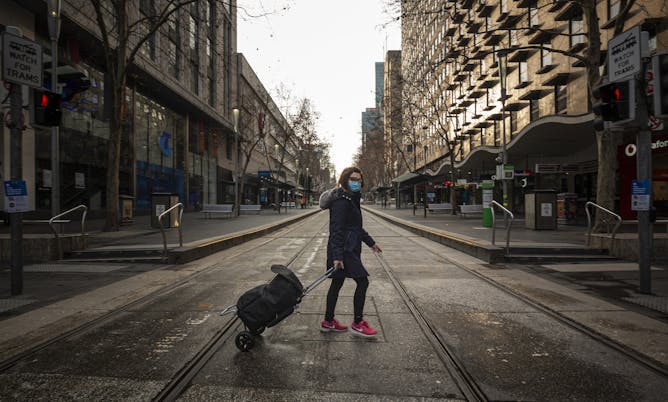
AAP/Daniel Pockett
Siouxsie Wiles
Putting all of Victoria under stage 4 restrictions would give the state its best chance of stopping community transmission, rather than setting it up to play an endless game of COVID-19 whack-a-mole.
|
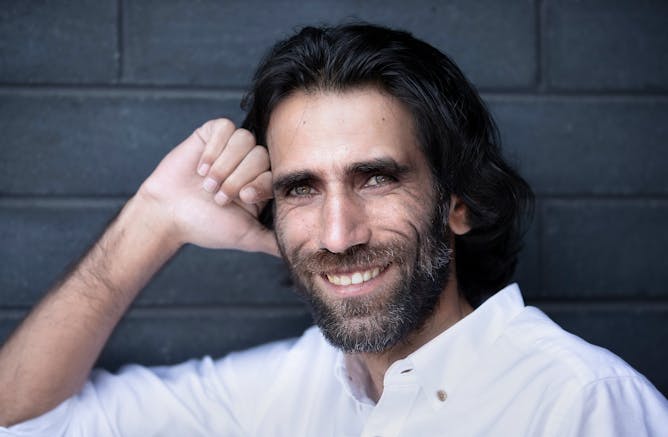
AAP
Jeremy Moses, University of Canterbury
Recent history shows politicians should think twice before using refugees and asylum seekers for electoral gain.
|
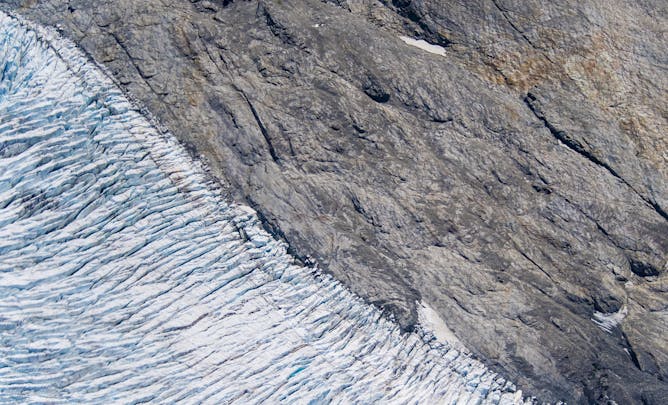
Dave Allen
Lauren Vargo, Te Herenga Waka — Victoria University of Wellington
For the first time, scientists have been able to quantify how much climate change contributed to glacial melt, using more than 40 years of data from New Zealand's retreating glaciers.
|

www.shutterstock.com
Alexander Gillespie, University of Waikato
The New Zealand military has been found in breach of its basic democratic duties.Only a law change will restore trust.
|

petrmalinak/shutterstock
Alan Brent, Te Herenga Waka — Victoria University of Wellington
In the near future, we may see electric cars supplying power to smart grids or communities with their own independent microgrids.
|

www.shutterstock.com
Jonathan Barrett, Te Herenga Waka — Victoria University of Wellington
As the adult children of baby boomers start inheriting their parents' wealth, it's time we looked seriously at taxing this unearned income.
|
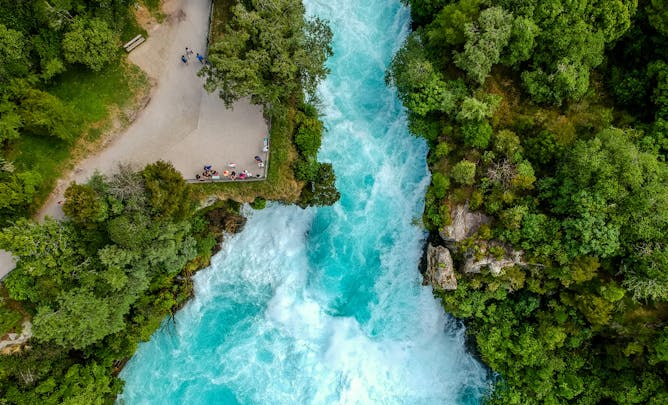
Juergen_Wallstabe/Shutterstock
Janet Stephenson, University of Otago
New Zealand's electricity generation is already more than 80% renewable, but experts warn a 100% target would require significant over-building of renewable generation that would rarely be used.
|
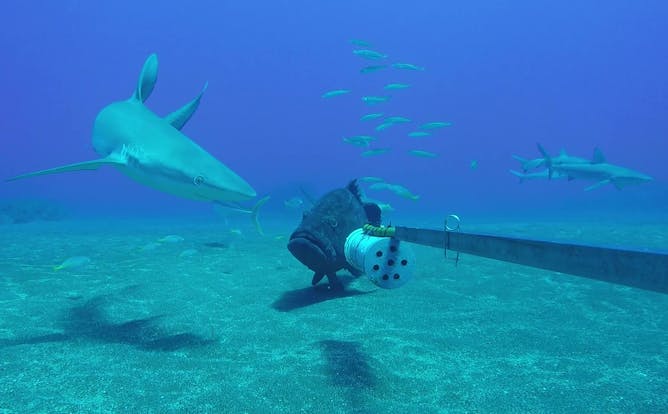
Adam Smith, Massey University
Historically, basking sharks were caught as bycatch in New Zealand fisheries and seen in their hundreds in some inshore areas. They have disappeared and we don't know why.
|
From our foreign editions
|

Paul Haskell-Dowland, Edith Cowan University; Brianna O'Shea, Edith Cowan University
If a new deal between Microsoft and ByteDance goes through, the Chinese company may withdraw ownership of its TikTok operations in not only the US – but also Australia, New Zealand and Canada.
| |
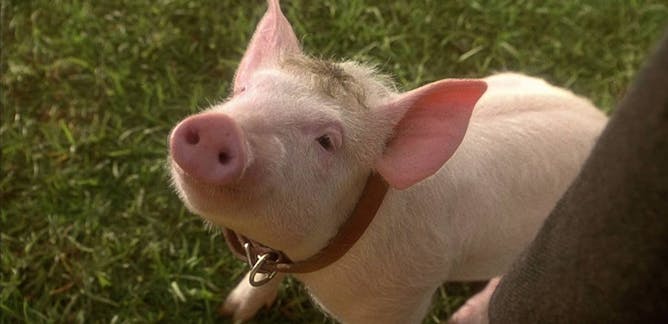
Daryl Sparkes, University of Southern Queensland
Babe combined cutting edge visual effects with a moving story of success in the face of adversity that still resonates today.
|

Lucy (Kathleen) McGoron, Wayne State University
Having loads of extra quality time with a toddler or preschooler and feeling flustered? Make sure you know how and where to do this basic disciplinary method the right way.
| |

Agnes Mueller, University of South Carolina
Narratives throughout history illustrate how pandemics make people grapple with their faith, leading them to deepen religious beliefs or reject them altogether.
|
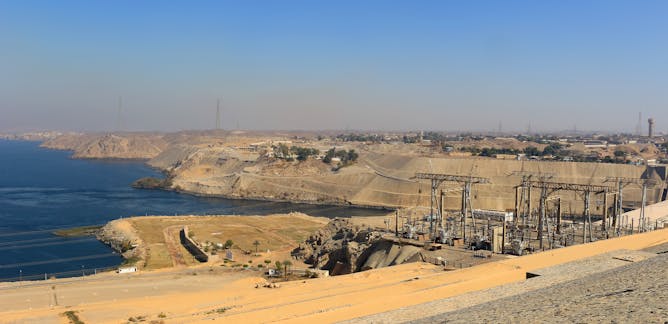
Mike Muller, University of the Witwatersrand
An historical perspective on the politics, dominance and conflicts over the dams on the Nile is useful.
| |
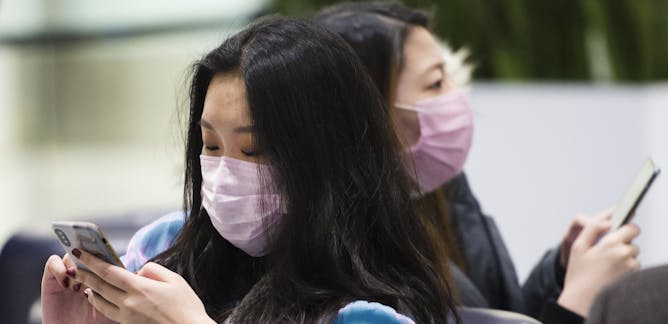
Anita Jack-Davies, PhD, Queen's University, Ontario
Stating that COVID-19 is a “Chinese” disease, dehumanizes and reinforces well-worn stereotypes of Chinese people as the "yellow peril."
|
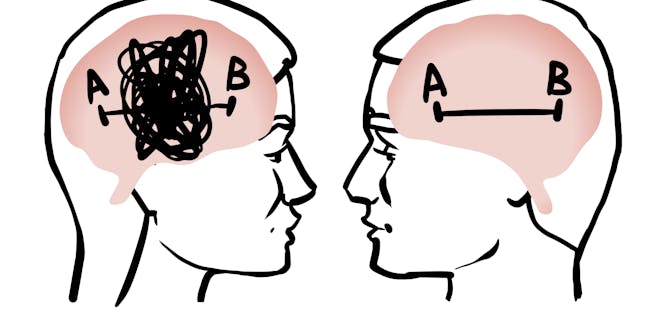
Gina Rippon, Aston University
From having small brains to being better at reading, it is often argued that women aren't well suited to do science.
| |
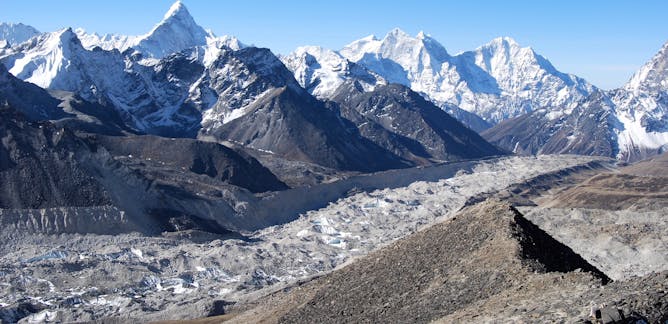
Ann Rowan, University of Sheffield
How speculation came to be presented as scientific fact and inspired a decidedly non-glacial race to discover the future of Himalayan glaciers.
|
|
|
| |
| |
| |
| |
| |
| |
|
|
|
|
|
|
|